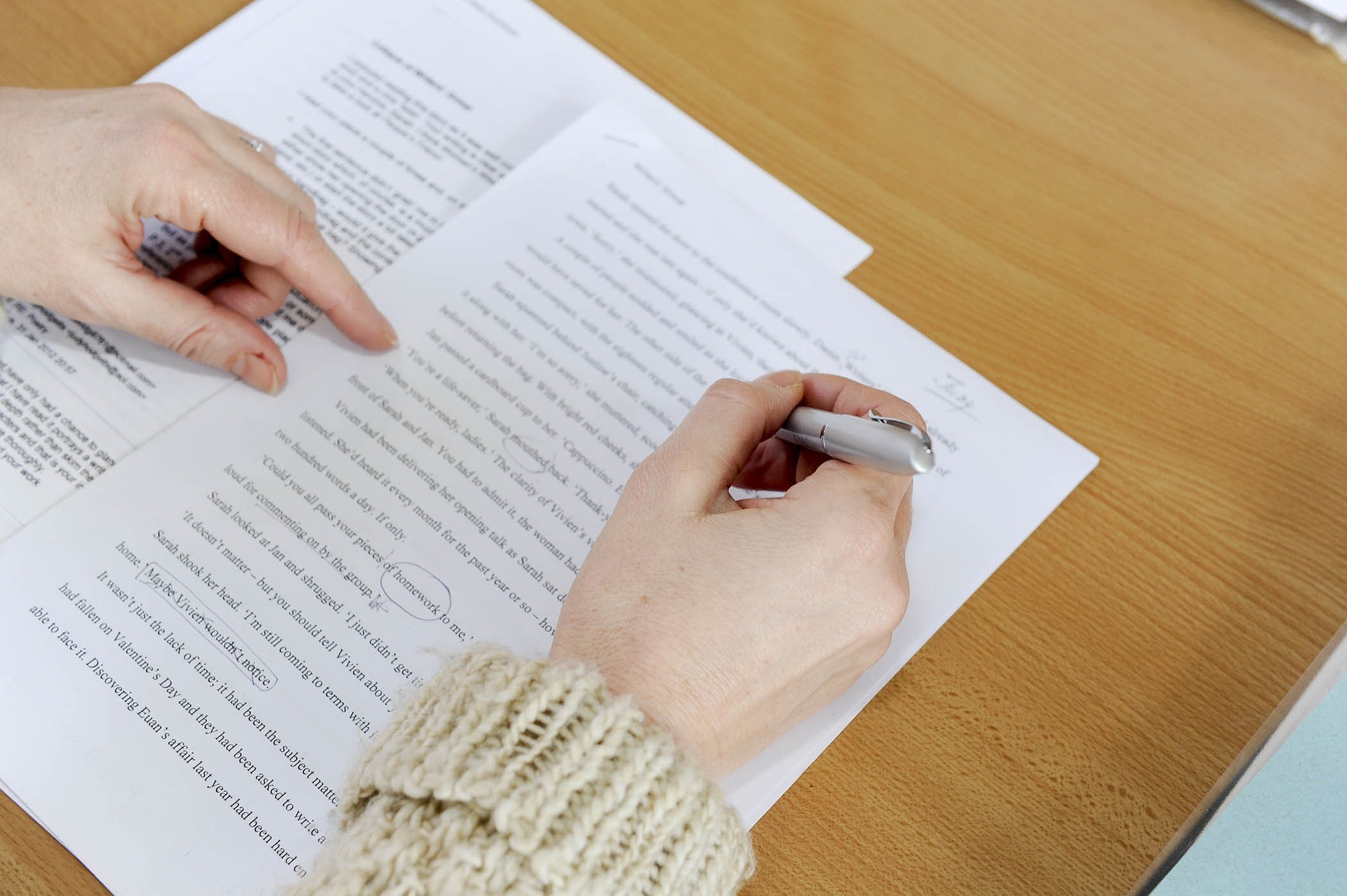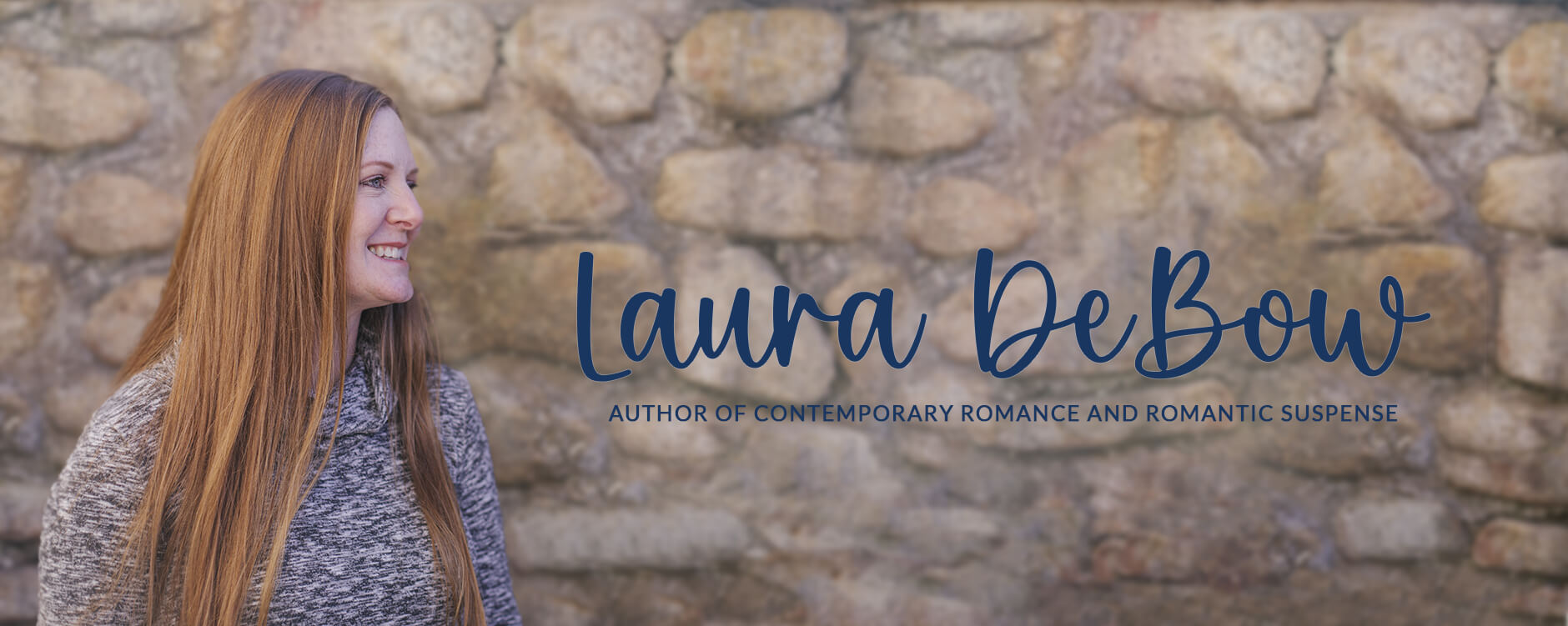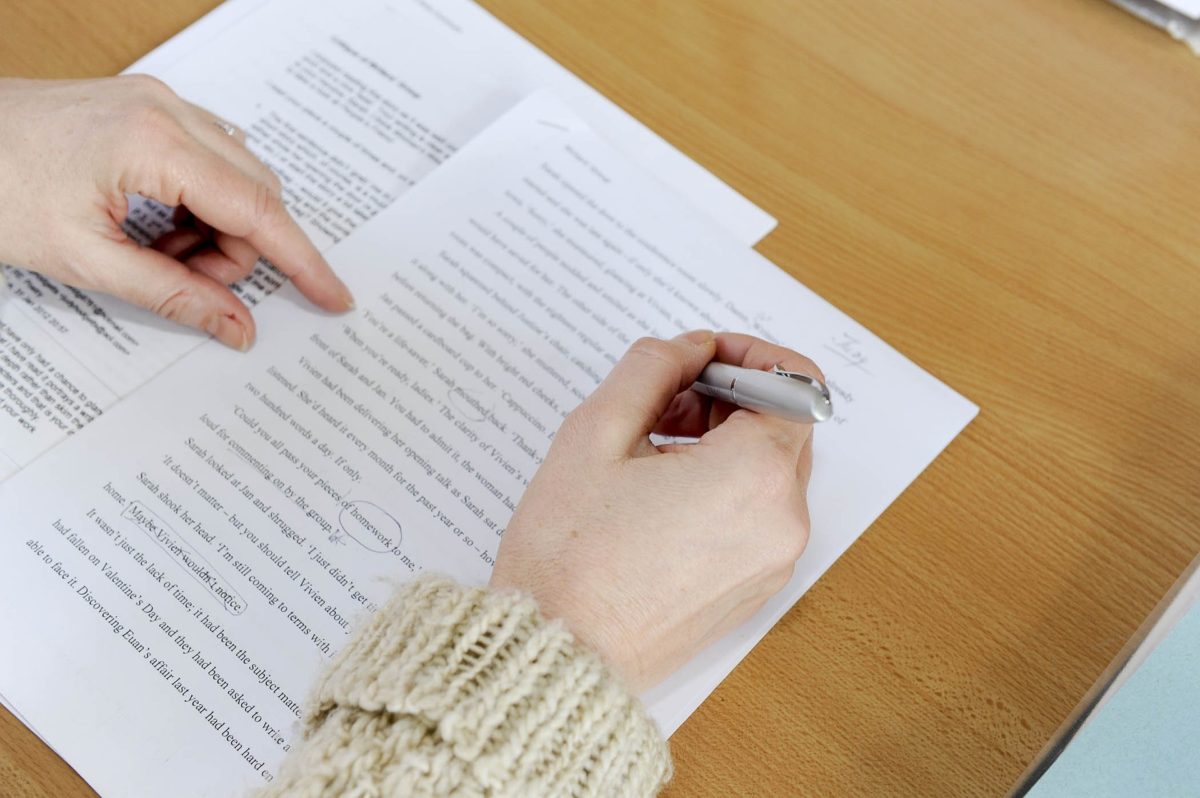
I don’t know about you, but I have a never-ending home project list. While there are fun home improvement tasks on the list like “paint powder room,” “buy new throw pillows for living room furniture,” and “select art for dining room walls,” the bulk of my list involves purging and organizing.
Rummaging through our basement the other day, the clutter filling the space where I previously homeschooled our kids disgusted me. After home educating for five years, we had accumulated a tremendous amount of textbooks, school supplies, educational media, supplementary books, and other essential classroom accoutrements. While I sold a lot of our curriculum when we transitioned to public school, the amount of stuff we still have is astounding.
I’ve made several fitful attempts to purge and organize that side of our basement, but overwhelm or distraction from other projects always has me leaving mid-effort. Last week when I was considering my need to try again, the thought of sacrificing precious writing time for the purging of things we no longer need weighed me down. My brain traveled the path of “why do I struggle to let these things go?”
Trashing or donating everything in one fell swoop is not an option for me. The majority of what I have trouble decluttering is our kids’ homeschool work. The writing assignments, the drawings, the projects. I reason that I want to hold onto these things because they are meaningful to me in some way. These momentos remind me of a sweet time in our lives when we spent a lot of time together exploring the world and pursuing interests the kids were passionate about. They are evidence of the blood, sweat, and tears I poured into teaching our children and the sacrifices made to do so.
A thought struck me as I pondered all of this: I do the same thing with my writing. Editing is hard for me because I love my words. I want to hold onto them. All of them. Reviewing my manuscript to tighten and improve it is painful because I remember putting the words on the page. I can even sometimes recall where I was when writing certain scenes. I know the extraneous characters, details, and rabbit trails need to go, but they mean something to me. They, too, are evidence. Evidence of the blood, sweat, and tears I poured into creating my story and the sacrifices made to do so.
“If you here require a practical rule of me, I will present you with this: ‘Whenever you feel an impulse to perpetrate a piece of exceptionally fine writing, obey it—whole-heartedly—and delete it before sending your manuscript to press. Murder your darlings.’” ~ Sir Arthur Quiller-Couch
The adage “kill your darlings” has been used in writerly circles for years, the advice being attributed to experienced writers such as William Faulkner and Oscar Wilde, to name a few. But most scholars subscribe to the view it comes from Sir Arthur Quiller-Couch’s On the Art of Writing. But I really love Stephen King’s spin on the maxim in one of my favorite craft books, On Writing: A Memoir of the Craft:
“Kill your darlings, kill your darlings, even when it breaks your egocentric little scribbler’s heart, kill your darlings.” ~ Stephen King
It may break our hearts, but it’s sometimes necessary to get rid of our darlings, the things – or words – we hold precious, to make things better. To make them what they were meant to be. My kids won’t want their elementary and middle school schoolwork when they move out of our home. Most of these things don’t mean much to them. It’s time to get ruthless and KonMari the basement and our homeschool remnants in particular. To kill some darlings, so to speak.
Each of our children has large storage tub for their keepsakes, located in our basement, naturally. Every item included has been discussed with and selected by each kid. With this approach, hopefully the most impactful momentos are all that remain. Carefully curating the keepsake boxes ensures each item offers glimpses into the kids’ pasts and reminds them of their most precious memories, making the few momentos we hang onto better, more meaningful.
To take the same perspective with writing actually should bring freedom, right? To carefully curate my words to create a story that shows more with less. Each selected word should be better, more meaningful. The whole KonMari method is to decide if each belonging – or here for my purposes, word – sparks joy. Each word kept should be an acknowledgement of its usefulness. Whoa. I love the way this philosophy reframes the editing process. I’m excited to try putting it into practice. Cheers to killing some darlings and finding more joy in my words.
How about you? How do you do with killing your darlings – either stuff or words? As a writer, how do you approach the editing process?

